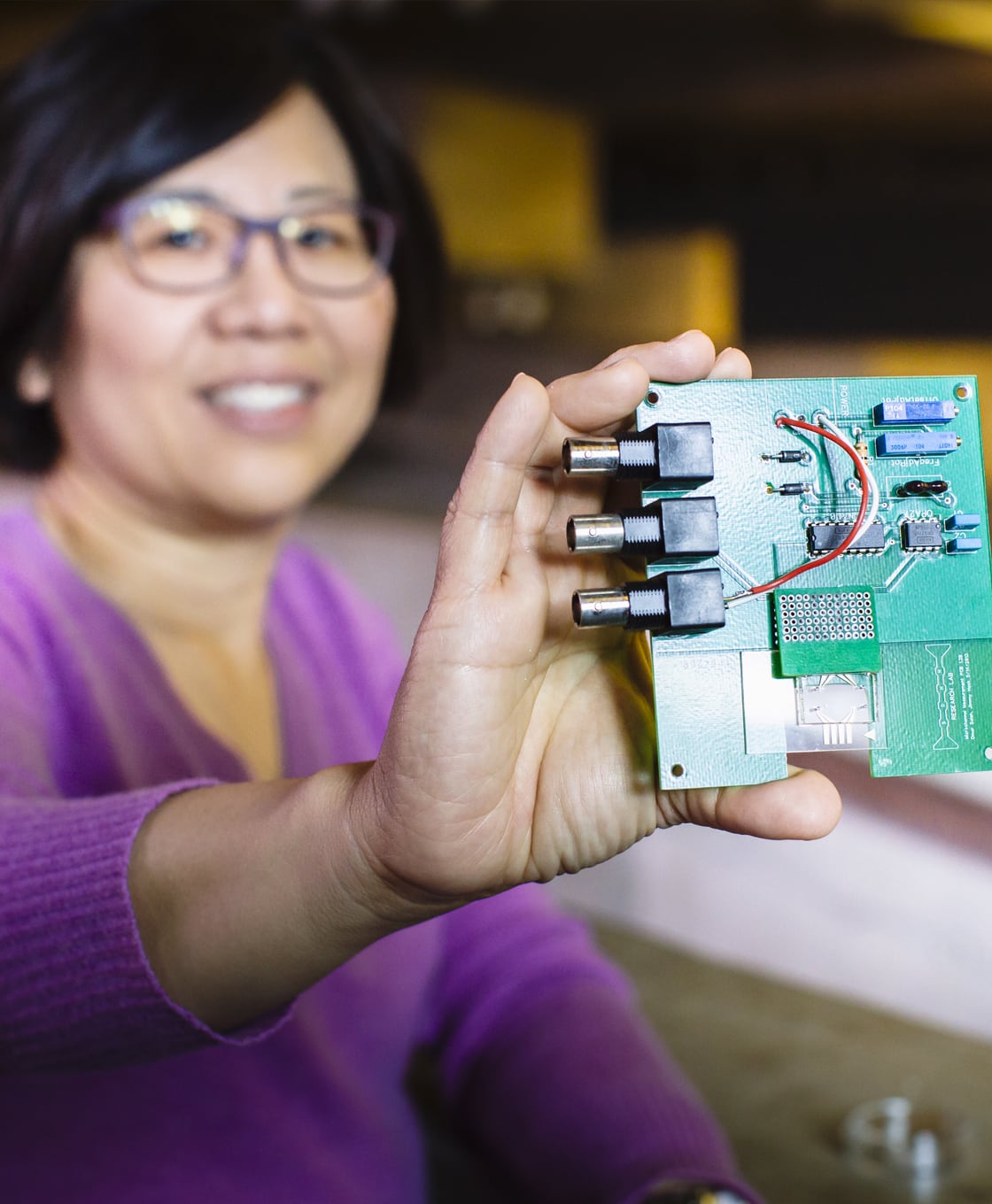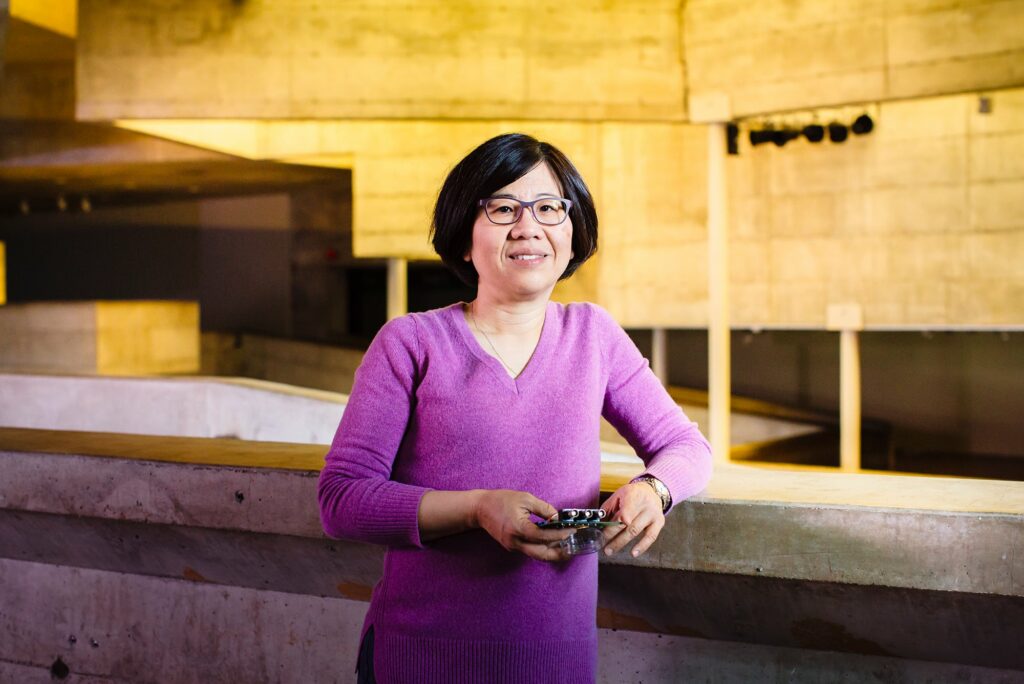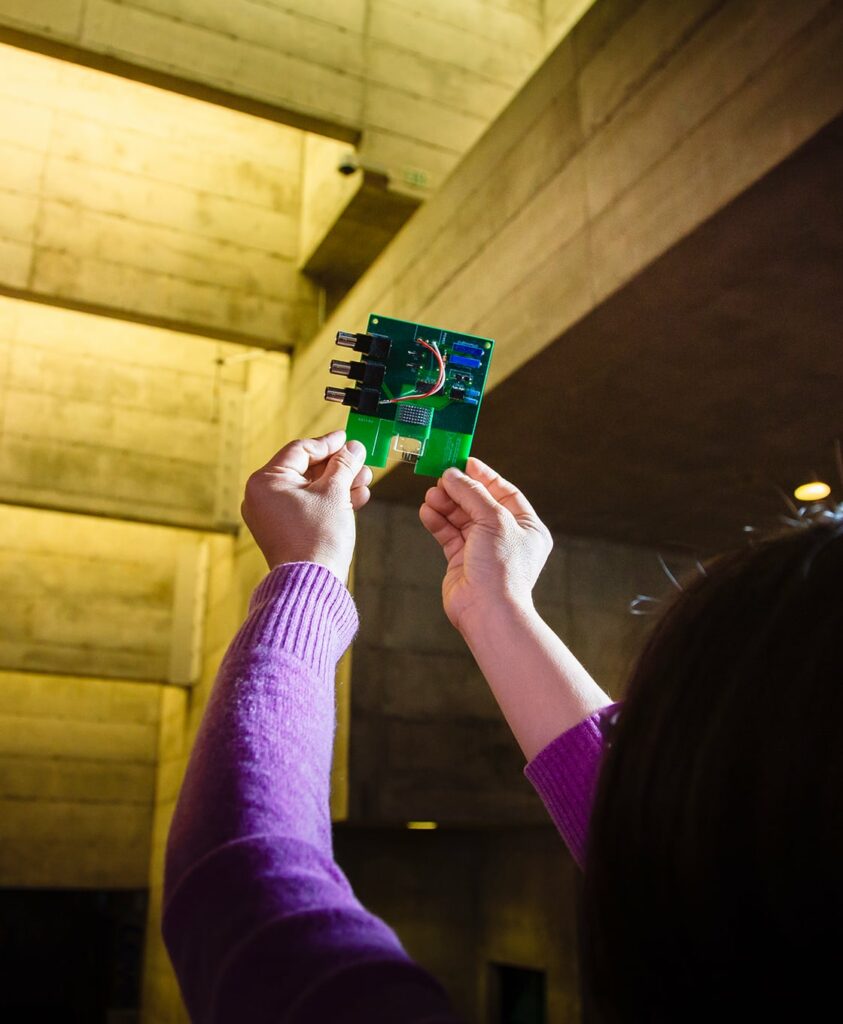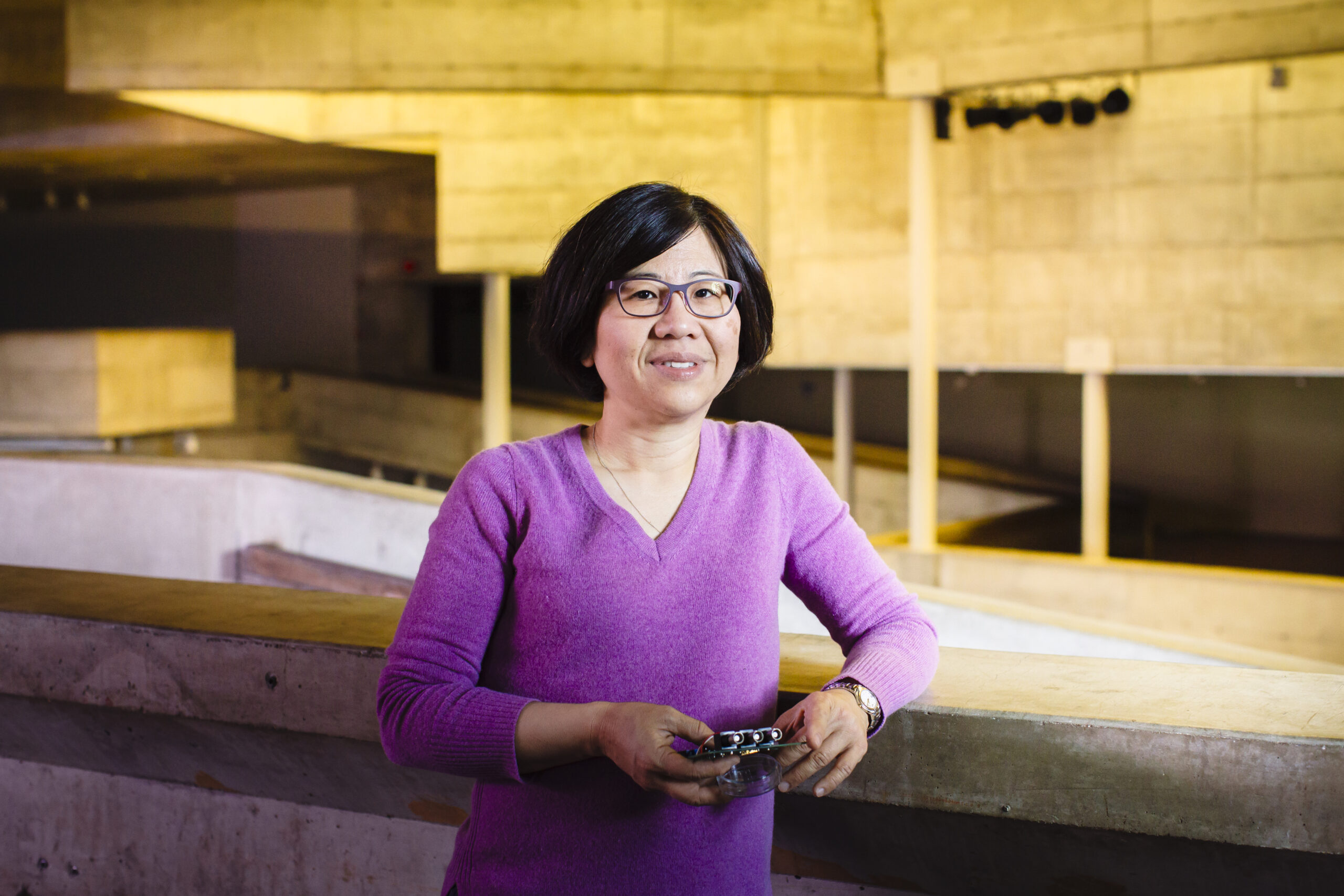
Entrepreneurial Journeys
Faculty FellowsHow this Bakar Fellow’s Passion for Research Helped Her Overcome the Struggles of Gender Bias in the STEM Community
By: Niki borghei
Background
Dr. Lydia Sohn is a Chancellor’s Professor in the Mechanical Engineering department at UC Berkeley and core member of the UCSF-UC Berkeley graduate program in bioengineering. Her journey to becoming a successful scientist, academic, and entrepreneur began when she was a child. Her father is an electrical engineering professor, and her mother was one of the first female dentists in Korea. “They didn’t push me to go into the field,” she said, “but they always said that no one could ever say that you’re wrong when you can prove it with numbers.”
She studied at Harvard University, initially as a premed student, but changed her major to physics when she found that the camaraderie amongst physics students there was much better than it was amongst chemistry students. After continuing her studies in Europe and at AT&T Bell Laboratories, she became a professor at Princeton University. It was there that her journey became rough, she explained, because of the environment at Princeton and the physics department but also because she was one of the few women in her field where gender bias remained prevalent. This motivated her to delve into her other passions, biology and medicine, and conduct research that eventually led her to become a part of UC Berkeley’s mechanical engineering community.

Motivation
Her excitement about conducting experiments and making new discoveries is what makes her motivated to continue her research. “I still get excited when one of my students or my postdoc gets something totally new,” she said, “And I think that that’s what keeps me going. And I’ve always told people that once I no longer get excited, and once I just sit in my office, then it’s time for me to retire.”
Despite her success, her journey to this point in her life has not been easy. “When I was at Princeton,” she said, “I saw things that I hope no one else ever experiences as a female in the sciences. I came to Berkeley. I still see things. I’ve experienced things. But if you asked me, is it generally better than it was at Princeton? Sure thing. But I do feel, and I’ve told people, honestly, that if I had been a man I would be much more successful. And that’s an unfortunate reality, and it is frustrating to me sometimes when I get passed up on things. But at the same time, I have created my own environment with my lab. I love my research. And so as long as that’s there, then I’m satisfied.”
Area of Research
She is working with others in her lab to develop projects related to early cancer diagnosis using microfluid devices in addition to developing novel technologies for studying environment dependence of stem cell differentiation. She is also making progress in other areas in her lab using extracellular vesicles.

Where it Leads
She and her colleagues were inspired to look for new ways to detect lung cancer, particularly in the early stages since lung cancer is often only discovered in the late stages. One way is by sensing extracellular vesicles, which are often released by tumor cells, in the blood or saliva. She hopes her innovations will help cancer patients with the diagnosis process.
When asked about how she dealt with making such substantial changes over the course of her academic career, she echoed the words of her advisor, Michael Tinkham, “You can either be a path follower, or path maker and breaker.” Dr. Sohn has no regrets following this advice. She even used this advice to develop her lab culture, which she described being similar to the idea of “jumping off a cliff and seeing what happens.” She acknowledges that there is always a risk with trying something new, but even if that attempt fails, it succeeds in guiding her to a new direction.
